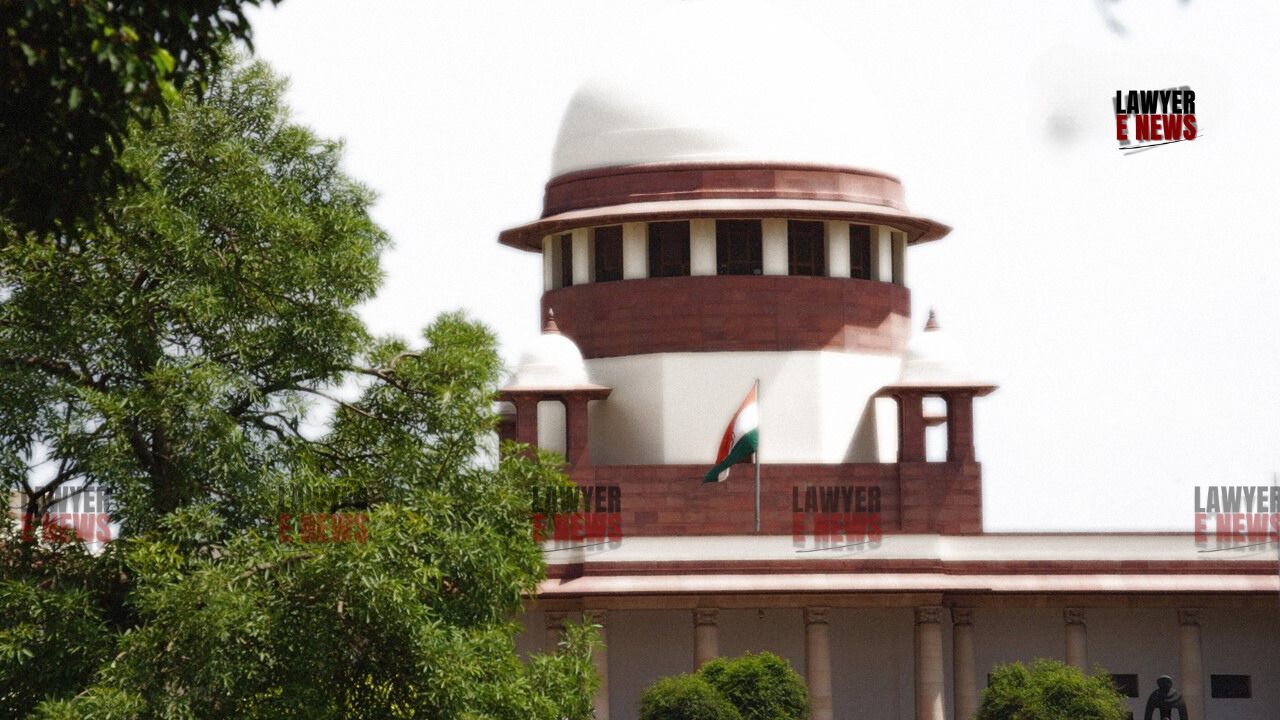-
by Admin
15 February 2026 5:35 AM



The Supreme Court of India has commenced contempt proceedings against Patanjali Ayurved Limited, its Managing Director Acharya Balkrishna, and its prominent face Baba Ramdev. The proceedings stem from allegations of deliberate disobedience to court orders, particularly concerning misleading advertisements and public statements regarding the medicinal efficacy of Patanjali's products. The Court has emphasized the gravity of the situation, questioning the sincerity of the apologies tendered by the accused parties.
The Indian Medical Association (IMA) initiated legal action against Patanjali Ayurved, alleging that the company, led by Acharya Balkrishna and Baba Ramdev, was engaging in a systematic campaign of misinformation against modern medicine. This led to a suo motu contempt petition after Patanjali continued to release advertisements and make public statements in violation of an earlier court order. Despite assurances given to the Court, Patanjali allegedly persisted with these activities, leading to the initiation of contempt proceedings.
The Supreme Court expressed significant reservations regarding the apologies tendered by Patanjali Ayurved and Baba Ramdev. The Court noted that the apologies appeared to be an attempt to evade responsibility rather than a genuine acknowledgment of wrongdoing. For instance, the Court pointed out discrepancies in the dates and contents of affidavits filed by the contemnors, highlighting that the affidavits seemed to be crafted to avoid personal appearances before the Court.
The Court was particularly concerned with Patanjali’s advertisements, which claimed that their products could cure various serious ailments such as high blood pressure, diabetes, and heart diseases. These claims were made despite an undertaking given by Patanjali to refrain from such practices. The advertisements were published even after the Court explicitly prohibited them, leading to the conclusion that Patanjali had willfully disobeyed the Court's orders.
The judgment heavily focused on the concept of "willful disobedience," a critical element in establishing contempt of court. The Court emphasized that mere non-compliance with a court order is insufficient for contempt; the non-compliance must be intentional and with full knowledge of the consequences. In this case, the Court found that Patanjali’s actions were deliberate and intended to subvert the authority of the judiciary, thereby undermining the rule of law.
The bench observed, “The respect and authority commanded by courts of law are the greatest guarantee to an ordinary citizen that his rights shall be protected. The entire democratic fabric of society will crumble down if the respect for the judiciary is undermined.” This underscores the Court’s view that the actions of Patanjali and Baba Ramdev were not just legal violations but also an affront to the judicial system.
The Supreme Court's decision to initiate contempt proceedings against Patanjali Ayurved Limited and Baba Ramdev highlights the judiciary's firm stance on maintaining its authority and the integrity of its orders. The ongoing case serves as a critical reminder of the consequences of defying court orders and the importance of upholding the rule of law. The final outcome of these proceedings will likely have significant implications for corporate accountability and the enforcement of judicial directives in India.
Date of Decision: 13th August 2024
